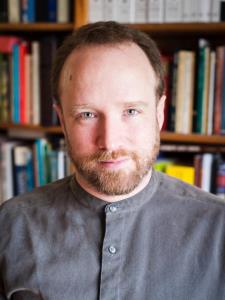
Anonymous A. answered • 08/09/24
Ph.D. In Religious Studies with 10+ years teaching experience
The relationship between religious choice and political freedom in American history is profound and intertwined. Many early settlers fled Europe to escape religious persecution. This firsthand experience with the oppressive nature of religious intolerance shaped their views on individual liberty.
In addition, the colonies exhibited a variety of religious denominations, fostering an environment of religious pluralism. This diversity contributed to the idea that different beliefs could coexist peacefully.
During the American Revolutionary War, the principle of No Taxation Without Representation became a rallying cry rooted in the belief that individuals have the right to govern themselves, a principle deeply connected to religious freedom. It was also during this time that the founders recognized the dangers of a state-established religion and enshrined the principle of religious liberty in the First Amendment of the Bill of Rights. This separation was seen as essential to protecting individual conscience and political autonomy.
Then in the 19th and 20th centuries, many religious leaders and activists were at the forefront of the abolitionist movement, demonstrating the intersection of religious beliefs and social justice. This is true also of the Civil Rights movement and contemporary issues such as abortion, same-sex marriage, and religious liberty. These highlight the complex relationship between religious belief in free will and political policy.
In essence, religious choice and freedom served as a foundational principle for American political liberty. The struggle for religious tolerance and the desire to escape religious persecution helped shape the nation's commitment to individual rights and self-government. While the relationship between religion and politics has evolved over time, the legacy of religious freedom remains a cornerstone of American democracy.




